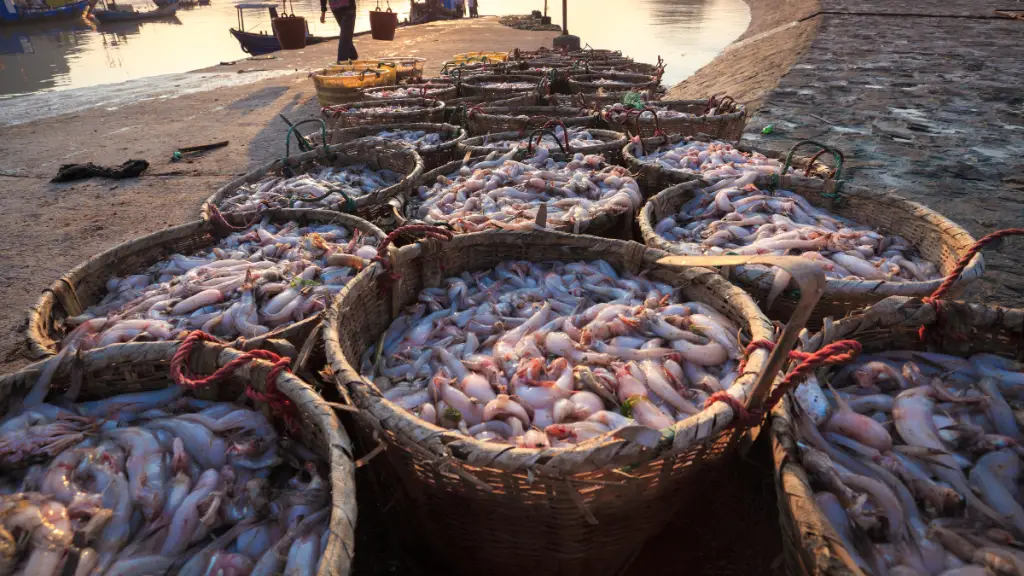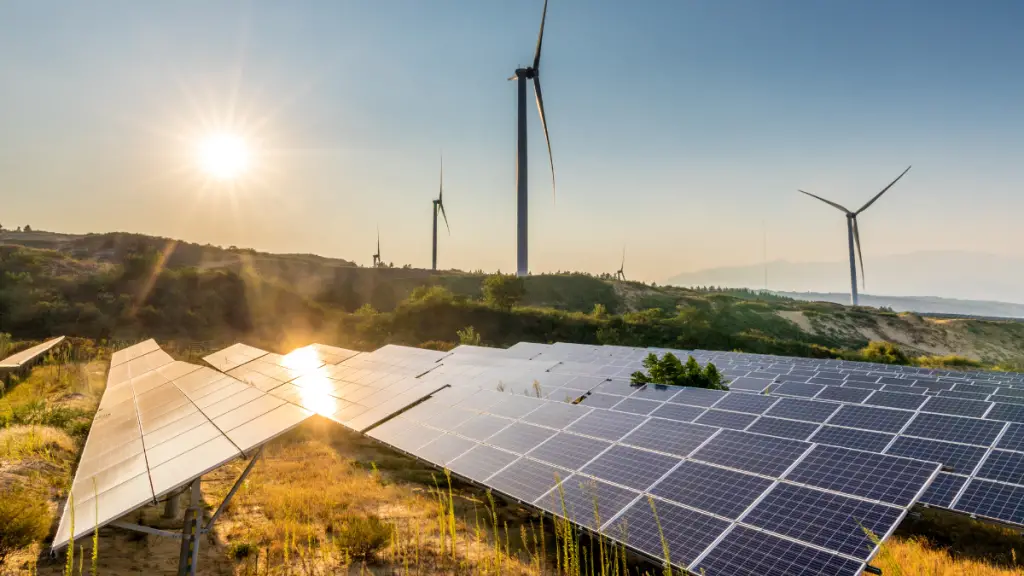A future powered by renewable energy may have been assured by farms where fish and algae thrive under solar panels.
China’s Concord New Energy, a business that specialises in the development and operation of wind and solar power projects, has erected a 70-MW solar plant on the top of a fish pond in the industrial park of Cangzhou, Hebei province.
Hybrid solar-fishery systems not only conserve land, but they also provide clean, renewable energy.
As solar power has evolved to meet the needs of our more climatic times, a sort of floating solar farms known as the fishery-solar hybrid system has gained appeal. For example, the United States has just begun building of the largest floating solar farm in the country in New Jersey.
Economy class passengers on Air New Zealand will now be able to sleep in bunk beds.
In contrast, in China, the use of fishery-solar hybrid systems has increased significantly in recent years. Solar panels are placed on top of the fish pond’s surface to power a farm of fish and shrimp, and the water below the solar panels is used for aquaculture.
According to a Concord New Energy spokeswoman, the company’s new project, which utilises Trina Solar’s 670W Vertex PV modules, began in the second half of last year and was completed in early June. Fisheries will begin using the fish ponds once the system is connected to the national grid.
The pile foundation is 6 to 7 metres deep and that the water surface is 1 metre below the modules, assuring maximum safety and reliability.
It is possible to reduce water temperature, minimise evaporation, and effectively block strong sunlight by floating photovoltaic panels in the fish pond.
This considerably reduces the risk of fish dying from elevated water temperatures.”
By using water-resistant packaging materials, Trina Solar claims that the modules in the project have improved the isolation of metal components such soldering strips, string connections and busbars while also reducing the Potential Induced Degradation (PID) impact of photovoltaic panels.
When it comes to the fishery-solar hybrid system, there are numerous advantages, including its capacity to cool the water on hot summer days and shield it from the sun’s harmful rays. By improving the water quality and adjusting the metabolism of fish, this reduces the outbreak of aquaculture diseases, according to SRNE Solar.
In addition, the floating photovoltaic power system reduces water surface evaporation and loss by using solar electricity.
Due to the water’s cooling effect, floating solar panels, according to the Environmental and Energy Study Institute, can be as much as 15% more efficient than terrestrial solar.
Some unexpected consequences may arise when new technologies are adopted too quickly.
There is still a lot of unanswered questions about how floatovoltaics’ development impacts the environment, society and economy, and it is time for scientists to investigate these issues in the light of large-scale projects being implemented around the world.




